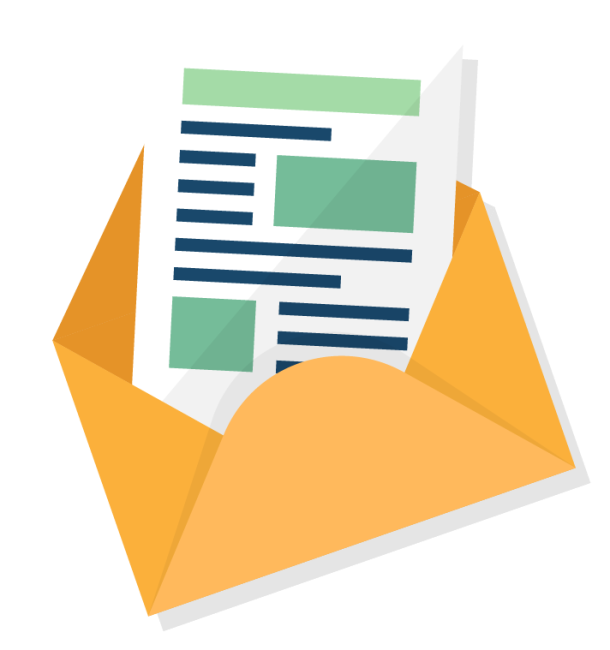Replacing your legacy ERP: Should you upgrade or switch?
04 Apr 2019 | by Brett Mundell
Is your legacy ERP system starting to pose a barrier to functioning at your best or embracing new opportunities? This post will help you determine whether to upgrade or switch to a new software solution.
When your legacy Enterprise Resource Planning (ERP) solution is letting your business down, it’s important to weigh your options carefully before you decide whether to upgrade to a new version or make the switch to different software.
Your ERP system unifies business process management and the flow of information across every part of your business, and the wrong choice can have serious consequences.
Why legacy ERP systems create problems for evolving businesses
There are a number of reasons your organisation might be reliant on older technologies or systems that don’t take full advantage of modern approaches.
Business-critical data may be stored and managed in systems that are now outdated, but still in working order. The effort and cost of changing software may not seem worthwhile at first, especially when it may necessitate establishing new processes and the change management work that comes with that.
But the issues that may eventually arise include:
- Slow, lagging processes and lack of automation reduces a team’s productivity.
- Cost and risk of maintaining legacy systems running on obsolete technology.
- Growing skills gap when it comes to knowledge of working with legacy systems.
- Legacy systems are incompatible with the adoption of technology like AI and IoT.
How to decide between an upgrade or a completely new ERP solution
Change is only worthwhile if it delivers business value: that means better performance, lower costs, or features that will improve your offering or competitive advantage.
If you’re torn between the idea of upgrading to more recent software offered by your existing vendor or switching to a completely new ERP solution—there are two important factors to keep front of mind:
- Technology is changing at lightning speed: Some of the most advanced ERP software solutions may be relatively mature. All that really matters is whether vendors have progressed in line with changes in the available technology: cutting-edge software must provide powerful native functionality as well as enable your business to gain a competitive advantage through advances like cloud computing, machine learning, mobility, AI, IoT, e-commerce, and EDI.
- Implementing a new ERP solution is a big investment: Implementing a new ERP solution requires careful planning, a significant financial and time investment, and internal resources, training and project management skill. It’s not a decision to be taken lightly. Implementing an ERP has long-term consequences, but that also means it has the potential to boost your performance over the long-term if the solution is right for you.
Leaning towards an ERP upgrade: the pros and cons
If an upgrade is available for your legacy ERP, you may feel like this is the simplest option. Sticking with your current software provider or re-seller means you can deal with people you already know, it may require less training, or prove to be less expensive.
Upgrading your current legacy ERP is well-founded when and if:
- Your team is happy with the current system even though it lacks some capability.
- The upgraded version of your software is up-to-date with current technology and functionality.
- The technology vendor is reliable, keeping pace with emerging trends, and investing in research and development to improve the solution.
- Your current ERP was implemented well, you’ve always received great support, and you’re confident that the level of support will continue.
But if all of those statements don’t ring true, that’s a red flag.
It doesn’t make sense to hitch your wagon to a solution that your team doesn’t like and has always been a mismatch with your business needs; has historically been poorly implemented or supported; and potentially won’t allow you to take full advantage of cloud computing, analytics and emerging technologies.
If upgrading doesn’t offer a clear path to improved cash flow, customer satisfaction, and clarity for better decision-making—you should seriously be thinking about switching to a new ERP solution.
Ask yourself if an upgrade of the ERP software you already have will actually see your business through the next 10-15 years: or is it a bandaid solution?
Is a new solution the best fix for your legacy ERP issues?
Switching solutions may be the best way forward if an upgrade won’t deliver the capabilities you need to run a better business.
The speed of technological change is astounding. The Internet of Things is real and will only become more embedded within the industry and our daily life. Already in distribution supply chains, smart packaging that contains sensors that generate data is being used to enable better tracking, engagement with customers and deeper insights into supply chain efficiency.
Machine learning and AI is already part of the way modern ERP solutions deliver automation and forecasting dashboards that alert you to trends. If you don’t move to an ERP solution that empowers you to take advantage, and your competitors do—it could seriously impact your business’ viability in a short timeframe.
The difference that a new system will make must be significant enough to justify the time and effort to go through a comprehensive ERP software selection and implementation process.
Carefully assess your internal needs, gaps and inter-dependencies around the legacy system, so you can judge new software options against specific criteria. Look for a vendor that is large and innovative enough to sustain the R&D required to remain at the forefront of technology so you’re always ahead of the curve and know your product will remain current.
And finally, pay attention to the experience, industry knowledge, methodology and personal approach of any re-seller or implementation partner—you’ll work with them closely to achieve a successful implementation.
Leverage Technologies are highly experienced ERP solution providers with more than 300 successful projects to our name. Call us on 1300 045 046 for a no-obligation consultation or email [email protected].

Brett has more than 20 years of business software sales and company management experience. Brett has been involved in more than 300 ERP projects. His passion is customer satisfaction, making sure every client is more than just satisfied. Brett wants our customers to be driven to refer their friends and peers because we offer the best services and technology available and because we exceeded their expectations.





Leave a comment